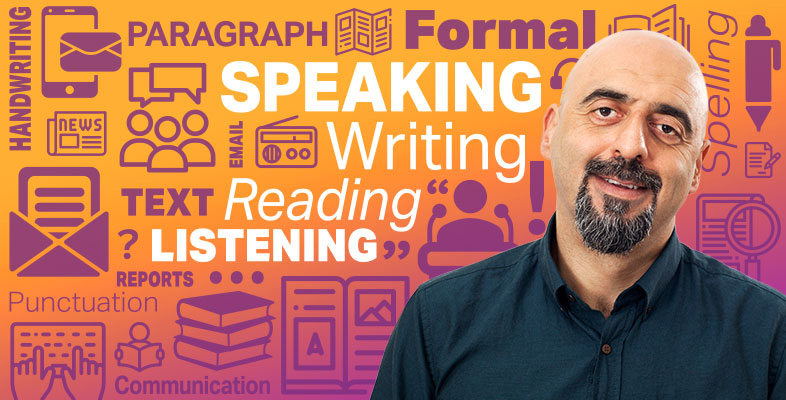1.4 Editing
Once you have produced a rough draft, you are well on the way to an effective piece of writing. The remaining steps are all about polishing and refining. Editing is the first of those steps.
Editing means reviewing what you have written with a critical eye to see what improvements you can make. It’s a good idea to allow a little time to pass between finishing your rough draft and reviewing it.
To make improvements – and not just changes – you need to have a clear idea of what you are aiming for. It might be worth glancing back at your planning notes to check you are still thinking along the same lines as you were when you began. (Of course, your ideas may have developed while working and this is fine – just make sure you are aware of the development.)
Focus first on the content – on your ideas and their organisation – and then on the expression and presentation. Don’t be afraid to scribble in corrections and new ideas: your draft is still a work-in-progress.
Hint If you are editing on a computer, copy your first draft and paste it into a new document. You now have two copies of your work. Leave the original for reference. Edit the other. Later you can compare the edited version with your untouched original draft. You may decide that some of your original ideas are better and you can then reinstate them. Sometimes first ideas are best!
Activity 4 Questions to ask yourself when editing
Write down three useful editing questions that would help you to focus on:
- the content of your writing
- the language you are using
- the way you have laid it out on the page.
Discussion
Any question that helps you review your work is a useful question. Here are some of the questions I thought of:
- Does my writing say what I want it to?
- Have I arranged my points in the most logical order?
- Will my reader understand what I am saying?
- Have I used precise, accurate terms and clear sentences?
- Have I got the format right?
- Does it look easy to read?
Once you have gone through your first draft with a critical eye, noting where you feel changes should be made, you are ready to start your second draft.

